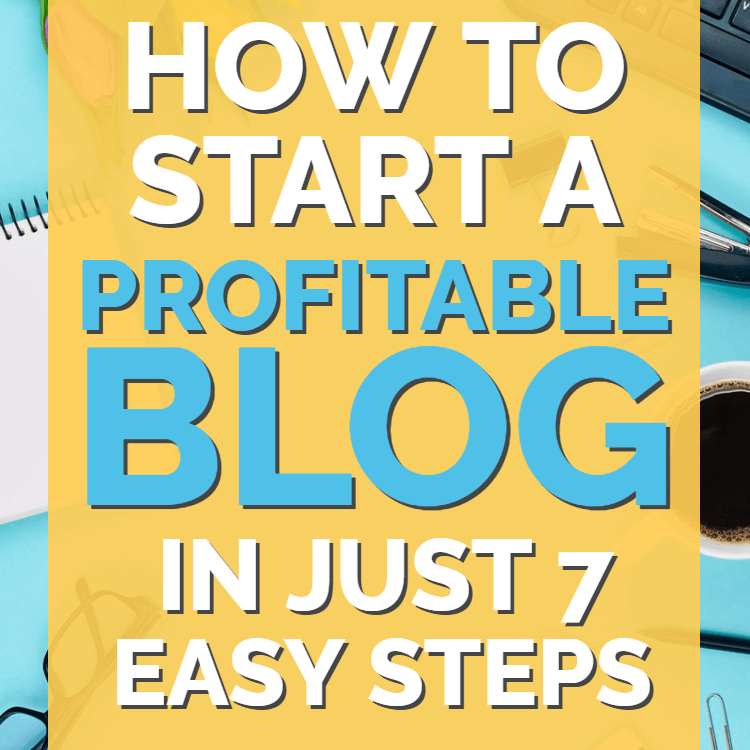Contents
One of my passions in life is digital marketing.
It’s what I do for a career. It’s how I spend much of my personal time. It’s something I’ve studied for over 20 years now, and in that time I’ve stumbled across some amazing bloggers.
The funny thing is that all these blogs burn out eventually.
The owner stops updating them, and eventually the site itself disappears.
It’s sad, but it’s hardly unexpected.
Passion Ebbs and Flows
The issue is that when you’re new to something it’s easy to get excited. Everything is fresh as you make one “breakthrough” discovery after another.
It’s that kind of unbridled passion that makes people think “I should start a blog on this!”.
So they do, writing feverishly for months or even years.
Sooner or later, though, they all make one stark realization: there’s really nothing new. It’s pretty much all been said before.
Once you’ve got the “fundamentals” working everything else is really just a variation.
There really are only so many ways to build links or write an article.
What’s more, once you’ve got the basics down, things become easy. Boring even.
The passion ebbs away, and the blogging stops.
Passion in Gaining Financial Independence
I see the “Financial Independent, Retire Early” (“FIRE”) movement in a similar way. Right now, FIRE is a super-hot topic.
There are new blogs popping up everywhere. Telling you to spend less. Invest in index funds. Plan your exit from the corporate world.
And based on my experience in other verticals I can virtually guarantee that in the next few years many of these will be disowned.
The reality is that just like digital marketing, FIRE is actually quite boring once you’ve learned the basics. Most of the work is done in the early stages and after that there isn’t much to learn or do.
Don’t believe me?
Here’s a sample list of tasks for anyone looking to transform their finances:
- Audit your spending and reduce/eliminate as many expenses as possible
- Learn how to create a budget or spending plan
- Track your income and expenses so you gain an intimate understanding of your situation
- Gather together all your debts and create a plan to repay them as soon as possible
- Learn about taxes and how you can “hack” the system to save more
- Open one or more investment accounts and get familiar with how the process of investing works
That all takes time, effort and focus. But after that initial burst of energy you’ll find that it’s pretty much “done”.
I’ve written about my own financial transformation since starting this site, but having done most of the work already right now I’m in “maintenance mode”.
My monthly tasks currently consist of:
Spending Audit: Virtually everything I spend is done via card or direct debit, so my bank statement is a near-perfect record of my income and expenses. Each month I analyze what I earned, and where this money went. I look for potential savings – either ways to spend less or expenses I can cancel entirely. Every transaction is assessed and optimized. I’ve done this so many times that there isn’t much left to change, but there’s still the odd thing here and there.
Net Worth Audit: I have savings, investments, pensions and a house so it’s nice to check in on all these every so often. Not only do I find it motivating to watch these figures grow, but it also allows me to check that everything is moving forward as expected. Even this isn’t strictly necessary; I don’t really benefit from these checks, and could stop at any point if I so wanted.
That’s it. Just an hour or two a month. And still the journey continues.
Automation in Financial Independence
If we accept that the passion it takes to get your finances under control will ebb away, we also need to appreciate that many of us will burn out and give up once that initial “fire” has burned out.
Like the reformed smoker who decides to have “just one” cigarette, or the dieter who finally decides to include “just one” cheat meal each week it can be a slippery slope.
That’s why I believe that “automation” plays a crucial and much underplayed role in good financial management. We need to prepare for the time when our focus starts to divert, for when life gets busy, and ensure we have systems in place that prevent us going back to our old ways.
Our net worth needs to continue growing irrespective of what else is going on in life.
Here are just a few of the things you could potentially automate on your journey to financial freedom:
Household Bills: Set yourself up so that utility bills are automatically taken from your bank account. That way, you won’t need to remember to manually pay them and you can be sure your credit remains strong. There are even services now (like Onedox in the UK) that keep track of your utility bills and automatically recommend cheaper alternatives to save you money on autopilot.
Mortgage Payments: Don’t risk losing your home over a late mortgage payment. Automate your payment and forget all about it.
Pensions: Ask your employer to take your pension contributions straight from your paycheck so you don’t even see that money arrive in your bank account.
Stock Market Investments: I now pay into my investment account automatically each month without lifting a finger. Furthermore, any dividends or interest are automatically reinvested for me too.
Automation But Not Ignorance
I think automation makes a lot of sense once your finances are looking strong, but this shouldn’t absolve you entirely from overseeing things.
There will still be ways to save money. Remortgages. New utility suppliers. Different car insurance providers.
You’ll need to manually keep an eye on these and make the necessary changes.
For most things, however, just let your automated systems work their magic while you get on with living your life.










Add comment